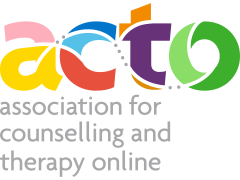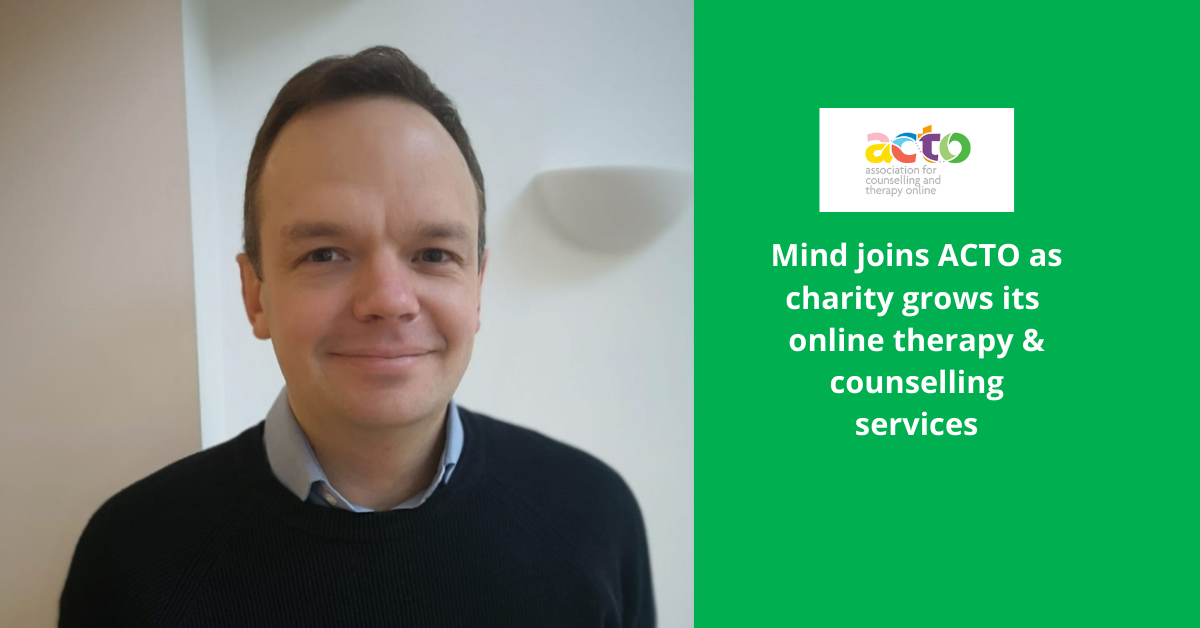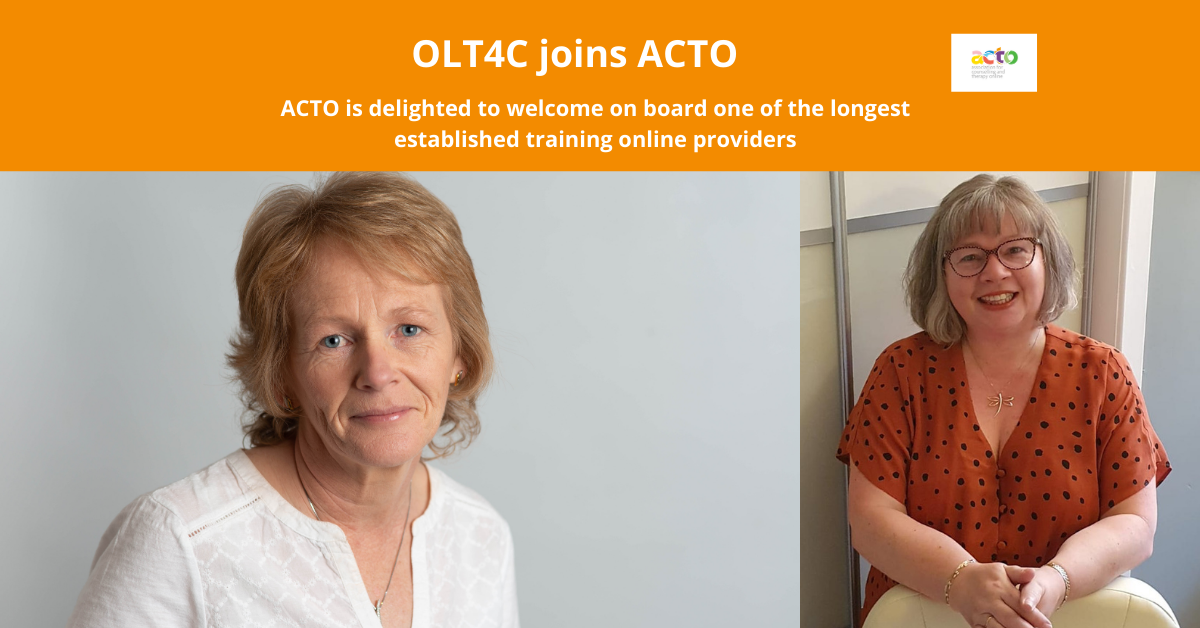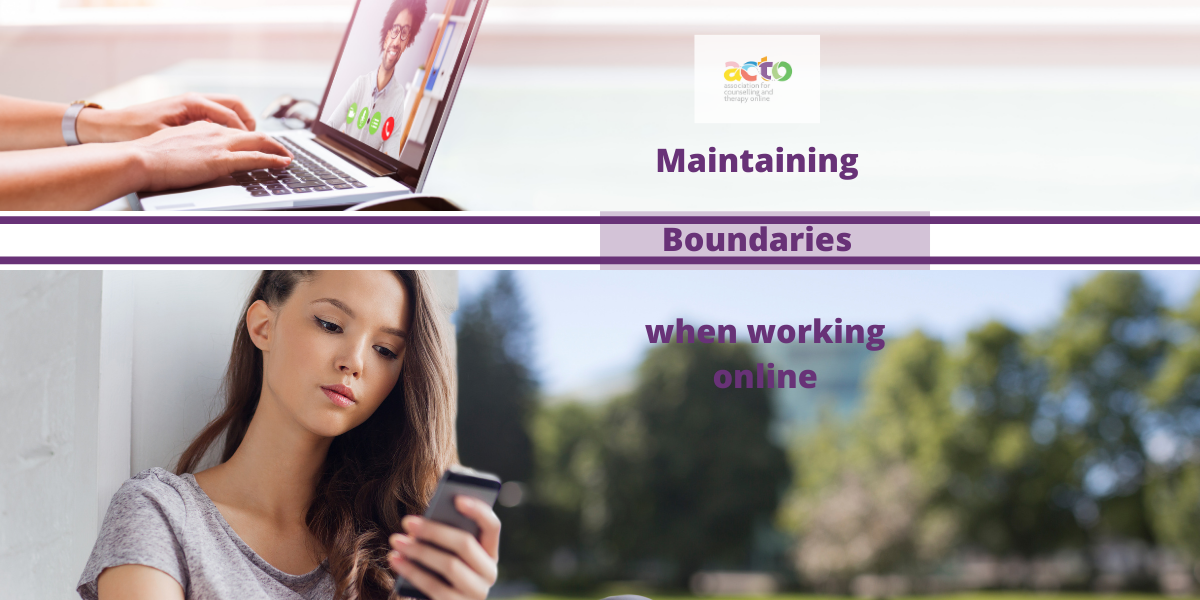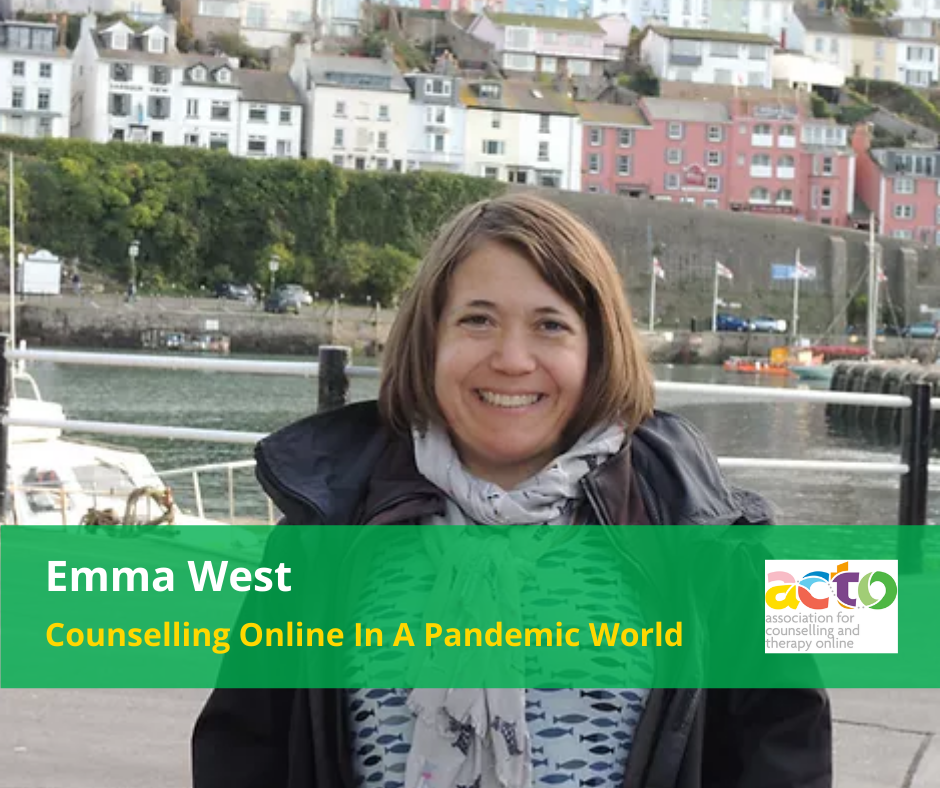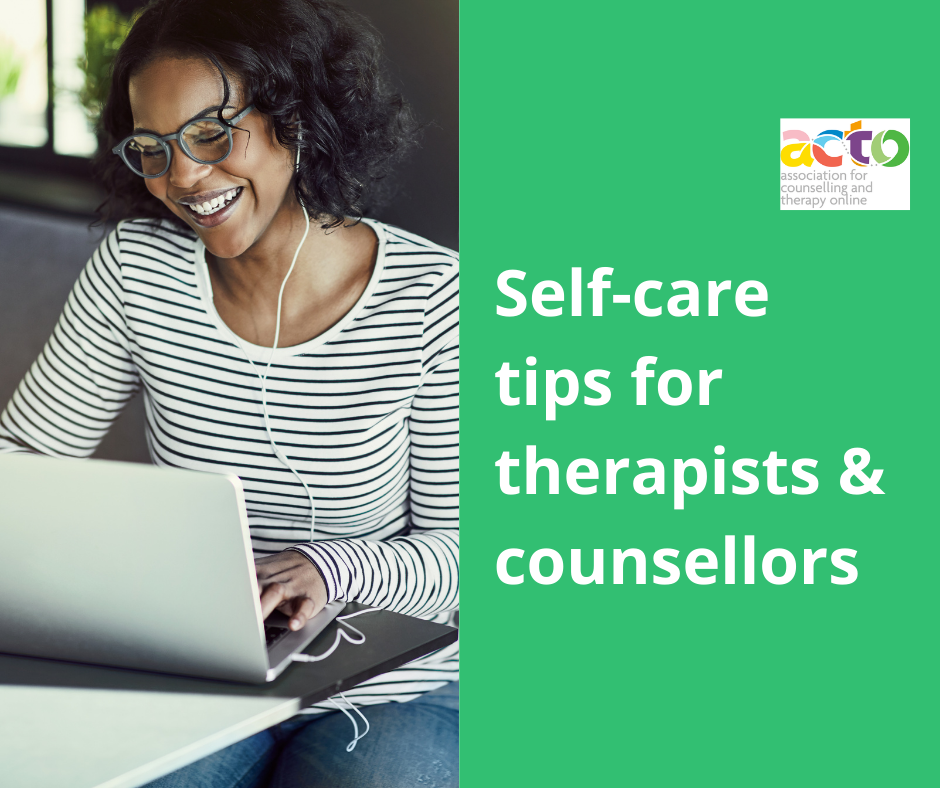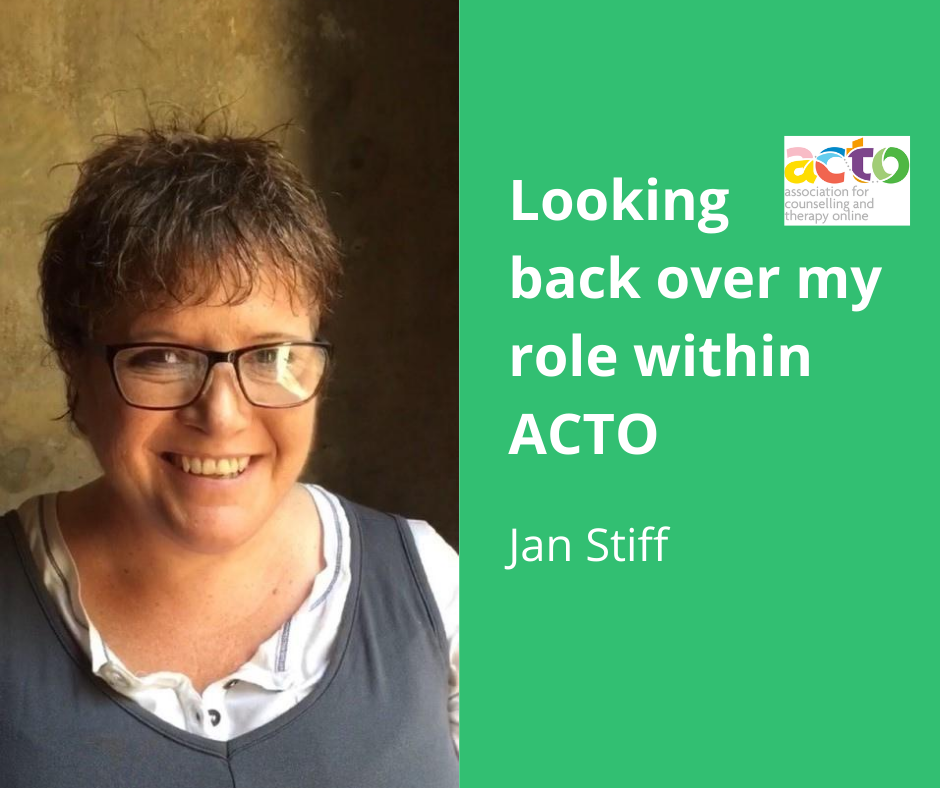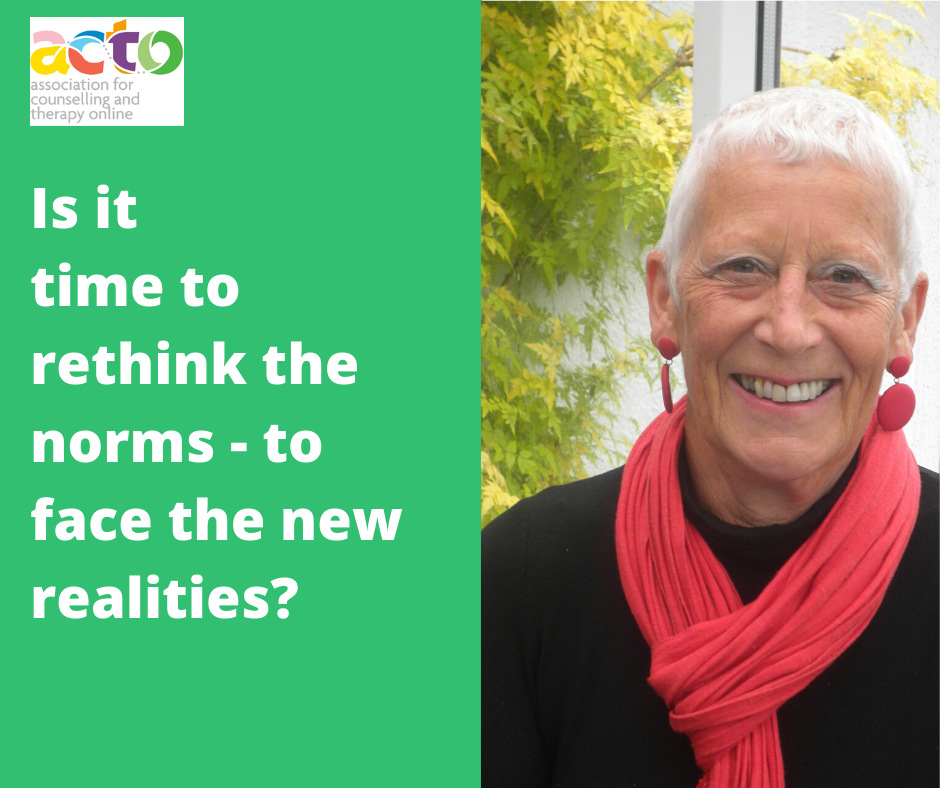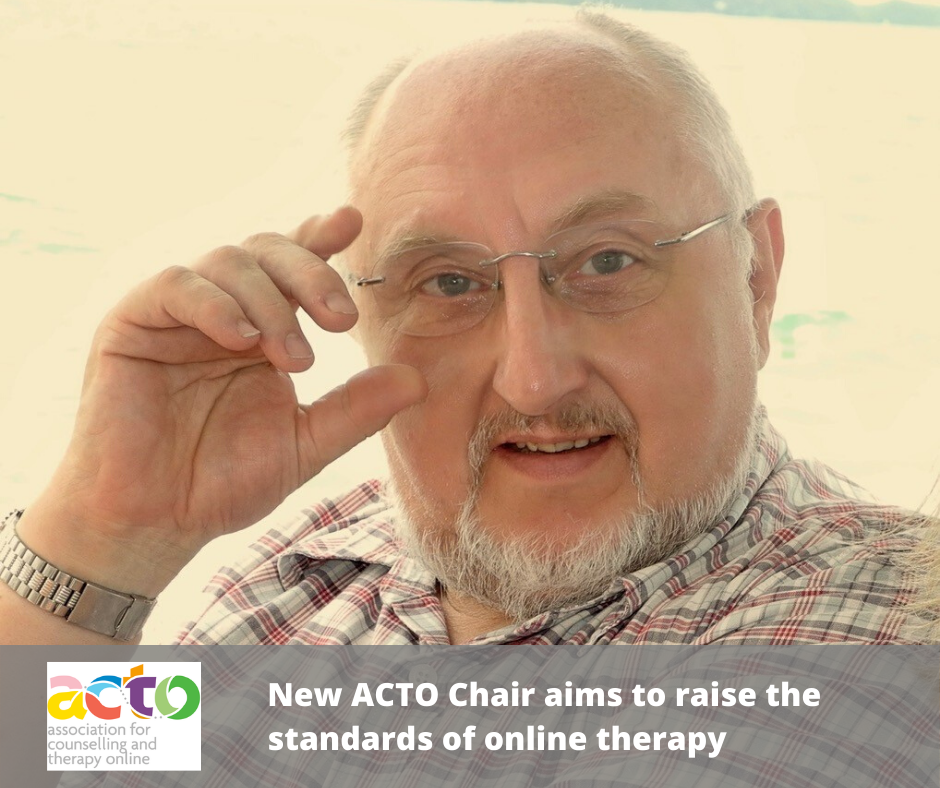As client & counsellor needs change, the Mind network seeks to develop its digital capacity, accessing ACTO’s ethical framework and standards
ACTO, the Association for Counselling and Online Therapy, is delighted to announce that Mind are one of the organisation’s newest organisational members.
Mind is a federated network across England & Wales made up of over 115 local mental health charities. Many of the local Minds deliver counselling services, either as part of a local offer such as IAPT or independently of statutory services and specialist counselling to equalities groups.
During the pandemic, local organisations within the Mind network reported an increase in need, as well as observing that the requirements of clients and counsellors were changing too. The necessity to deliver counselling remotely, either using telephone counselling or online video therapy sessions, resulted in Mind to evaluate how to increase its digital capacity whilst maintaining and developing standards, working within a clear ethical framework.
Gavin Atkins, Head of Communities for the national MIND network, says: “Many of our local Minds deliver important mental health support, all of which depends on the need of the community they serve. For example, this could include peer support, psychoeducation groups, social prescribing and group activities.
“The Covid19 pandemic and restrictions meant that we needed to grow our online therapy services, so that our services are more inclusive – for example making sure that our services can better help people from different racial backgrounds – we know therapy is often inaccessible and so there is a need for more culturally appropriate support. What helps people manage their mental health varies from person to person, and we know that online therapy services do not suit everyone; which is why we will continue to offer face-to-face therapy and counselling, especially for people experiencing serious mental health problems (SMI’s).
“Online therapy does bring many benefits, including helping to reduce waiting times and make sure people get the support they need. That is why we decided to join ACTO. ACTO provides us with a nationally respected ethical framework and standards that the local mind network feels are vitally important when delivering a quality service.”
Adrian Rhodes, Chair of ACTO said, “ACTO is proud to welcome Mind into our growing membership. This year has been an incredible challenge for many people – and of course the superb organisations such as Mind who work tirelessly to help people with mental health needs. Almost overnight, counsellors and therapists have had to turn to new ways of supporting their clients, and many have embraced the opportunities offered by working online.
“We look forward to working with members of the Mind federated network, providing them with access to ACTO’s ethical standards and recognised training providers, upskilling their staff and thereby increasing service users confidence.”
EDITOR’S NOTES
ACTO is the Association for Counselling and Therapy Online. Membership is open to qualified professional counsellors, psychotherapists, counselling psychologists and CBT therapists registered with BACP, UKCP, BPS, BABCP or similar organisations.
Photo: Gavin Atkins, Head of Communications, Mind
